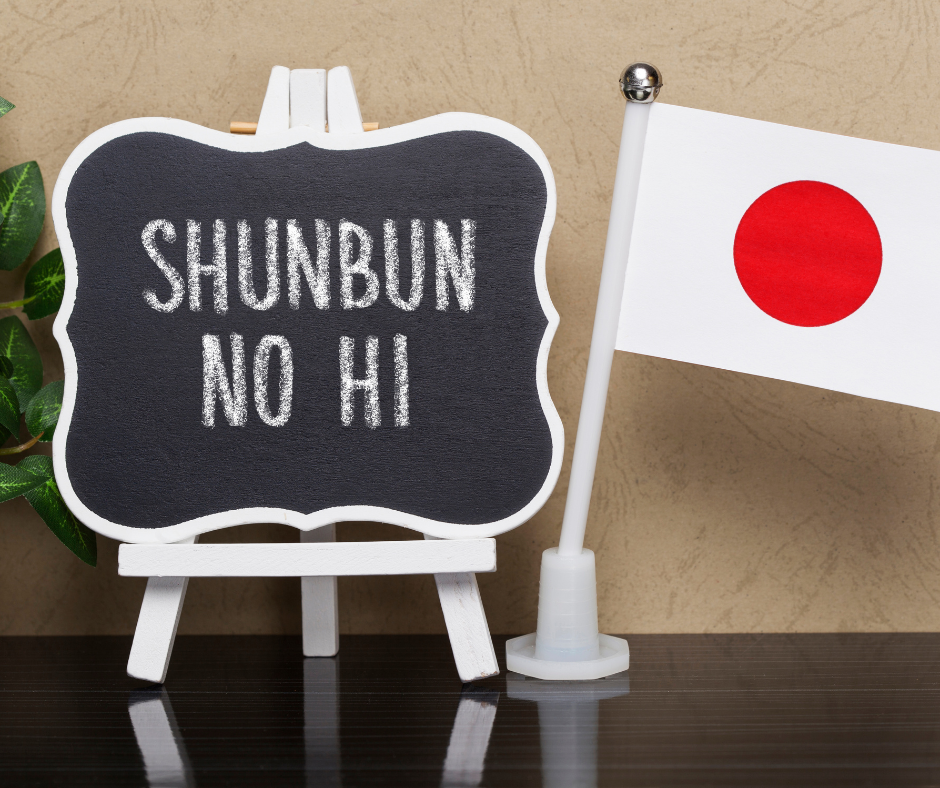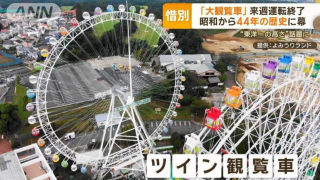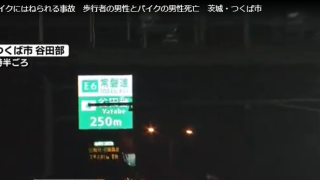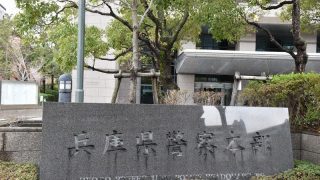
Vernal Equinox Day (春分の日, Shunbun no Hi) is a public holiday in Japan, observed on the date of the Northward equinox in Japan Standard Time, typically falling on March 20 or 21 (the vernal equinox varies in different time zones). The official announcement of the holiday date is made in February of the preceding year, relying on recent astronomical measurements.
Established as a public holiday in 1948, Vernal Equinox Day was formerly known as Shunki kōreisai (春季皇霊祭), associated with Shinto traditions. In postwar Japan, efforts were made to secularize holidays to adhere to the constitutional separation of religion and state. Pre-1945, State Shinto or Kokka Shinto encompassed Shinto practices aligned with government ideals, subject to governmental influence. These activities included daily worship at public shrines, ceremonial practices (Kokutai Cult), and rituals within the Imperial households and shrines dedicated to fallen soldiers.
On December 15, 1945, General Douglas MacArthur introduced the Shinto Directive, aiming to dismantle governmental involvement in State Shinto. This proved challenging due to the centrality of the Emperor in many Shinto rituals. The directive sought to disentangle State Shinto from Shrine Shinto, separating government control from religious activities while endorsing privately supported public shrines. These principles were later incorporated into the new Japanese constitution ratified in 1948.

 News(Tagalog)2025/01/06Ang iconic na Ferris wheel ng Yomiuriland ay titigil sa operasyon sa susunod na linggo, na magtatapos sa 44 na taong kasaysayan nito dahil sa kalumaan
News(Tagalog)2025/01/06Ang iconic na Ferris wheel ng Yomiuriland ay titigil sa operasyon sa susunod na linggo, na magtatapos sa 44 na taong kasaysayan nito dahil sa kalumaan News(Tagalog)2024/12/18Lalaking pedestrian at lalaking nakamotorsiklo patay, Tsukuba City, Ibaraki
News(Tagalog)2024/12/18Lalaking pedestrian at lalaking nakamotorsiklo patay, Tsukuba City, Ibaraki News(Tagalog)2024/12/06Pulis lumaktaw sa trabaho para sa pagbisita sa Tokyo Disneyland upang mapabilis ang pagbibitiw
News(Tagalog)2024/12/06Pulis lumaktaw sa trabaho para sa pagbisita sa Tokyo Disneyland upang mapabilis ang pagbibitiw News(Tagalog)2024/12/02Simula ngayon, ang bagong pag-iisyu ng mga health insurance card ay ititigil at papalitan ng “My Number Health Insurance Cards”
News(Tagalog)2024/12/02Simula ngayon, ang bagong pag-iisyu ng mga health insurance card ay ititigil at papalitan ng “My Number Health Insurance Cards”



